Are you free to make your own decisions as a “conscious” being, or are you predisposed—fated—to think and act in certain ways? What part does chance or randomness play in your life?
Imagine you are a physics student and you’re about to fail a class in quantum mechanics. You’re scouring the depths of the library for something, anything, to help you write a good enough paper to get a passing grade. (It is 1967 so you can’t just Google it.) On a dark, lower shelf a small, dusty book calls to you and you pull it from its undisturbed resting place of several years. The dusty book was John Bell’s thesis on entangled particles and the struggling student was John Clauser. The rest is history.
John Clauser got his PhD in astrophysics and went on to contribute greatly to our understanding of quantum mechanics, in spite of his rough start. John Bell was rescued from obscurity. Bell had an idea for an experiment to test Einstein’s assertion that there was a hidden or unknown cause for the troubling behavior of entangled particles.
Entangled particles, like separated Siamese twins, remain interconnected even at great distances and with no identifiable means of connection or communication. Einstein was certain there must be some undiscovered “hidden” force behind the weirdness, or as Einstein put it, “spooky action at a distance.”
Is there something hidden behind the curtain—some unseen cause that makes sense of entangled particles? John Bell’s rediscovered experiments offered a way to test Einstein’s theory. The testing hasn’t stopped since.
So far, testing Bell’s experiments has led researchers to conclude that there is nothing behind the curtain. In fact, there is no curtain! However, a final loophole remains, what Andrew Friedman calls the “Freewill” loophole.
The question is: are the detectors that measure the entangled particles affected by “hidden” information from previous interactions? Friedman said, “if events before the experiment could in principle have influenced both detector-setting choices, this could lead to a correlation whereby the settings were not, in fact, chosen ‘freely’ and independently of the hidden variables… it is a ‘free will’ loophole in the sense that only a small correlation between the detector settings and any local hidden variables would be more than enough to mimic the predictions of quantum mechanics.”
Another researcher, Anton Zeilinger, previously used quantum random number generators in an attempt to rule out what are called “conspiratorial” correlations during his experiment. “But these experiments only rule out conspiracies set up less than a millisecond or so before the test began. Our group sought to improve on that by finding a way to rule out conspiracies over almost the entire history of the universe, all the way back to the Big Bang 14 billion years ago.” Andrew Friedman told PBS in March, 2014 in: The Universe Made Me Do It? Testing “Free Will” With Distant Quasars.
What’s at stake in proving or disproving Bell’s Theorem?
Only the fate of free-will. Free choice is defined by Dolors in the blog, Do Electrons Have Free Will? as: a “choice which is not determined by prior conditions, that is, not determined by the past history of the universe (in any inertial frame).”
Dolors asks, “Is it really possible – I wonder – to choose between up and down, right or left, or 0 and 1 in a manner that is not influenced in any way by our past history?” The answer may decide once and for all if we live in a deterministic universe (no free will), or one where God plays dice—a universe of randomness, and potentially choice.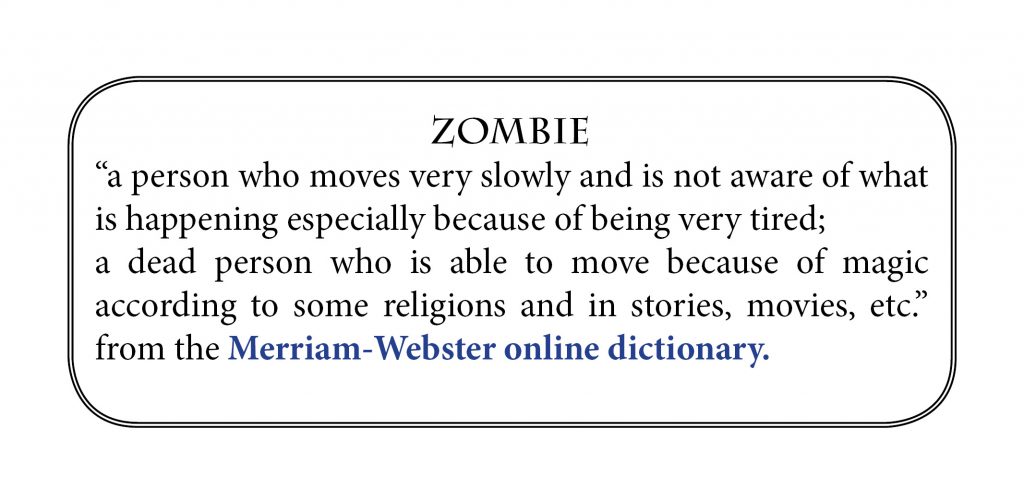
Are we zombies or self-determined? Might we be part zombie and part self-determined? For example, human behavior is violent. Yet, most of us believe in “civilization,” in the possibility of restraint and self-control. When a person interrupts her tendency for aggressive behavior using deep breathing, meditation, or some other chosen technique, can we say she is self-determined? When she acts on her tendency towards violence, her actions based on her automatic physical responses or the prompting of another, is she a zombie or automaton?
After many years of experiments on consciousness, researcher Benjamin Libet asserts: “the role of conscious free will would be, then, not to initiate a voluntary act, but rather to control whether the act takes place. We may view the unconscious initiatives for voluntary actions as ‘bubbling up’ in the brain. The conscious-will then selects which of these initiatives may go forward to an action or which ones to veto and abort, with no act appearing.”
Based on this explanation, the actions we select, and presumably the thoughts that proceed them, are a matter of choice. One could exercise control. The word exercise is important here.
Human babies require years of training, or “socializing,” before they are considered to be adults, or “civilized.” If the training is missing or lacking, one might not possess the skills necessary to control oneself in a socially acceptable way. Additionally, people who are considered to be “mentally ill” also typically fail to exercise self-control; it is a symptom of some mental illnesses to “act out.” And when we act out, we are zombies—driven by forces outside of our control.
We seem to recognize our inherent zombieness, our innate predisposition to “senseless” acts. It is something we fear.
More frightening than the possibility that we may not be able to control our own personal actions, is the terror of the mindless actions of whole groups of people. Darren wonders if zombies are the current expression of our deepest human fears in his blog:
Are Zombies the Monster of the 21st Century?
“A zombie horde is group think at its most basic. It is the spiritual descendant not of Frankenstein’s monster, but the mob with the pitchforks chasing it. It is the group in which we lose ourselves completely: our identity, our views, our destiny. It’s all gone. The zombies lobotomize us in the most crude fashion, to make us blend in and fit in. And then we join them in their parasitic hunt for fresh individuality to consume.”
Yikes! People must be trained to exercise control and not be zombies. And yet some training can lock us into a mind set, a horde mentality, and make us automatons, performing rote actions because we are “supposed” to do, because society blindly requires it of us.
If Libet is right, we are not completely automatons, nor are we completely free. We are predisposed, but we have veto power, should we choose to use it. But that veto-power requires awareness!
We usually don’t recognize our automaton or zombie states. We know that we’re not always fully “aware”, and we may recognize when we’ve been manipulated, but we seldom equate these with lack of free will. Yet, powerful people and institutions DO recognize our gullibility. They understand that unaware people can be directed by careful manipulation.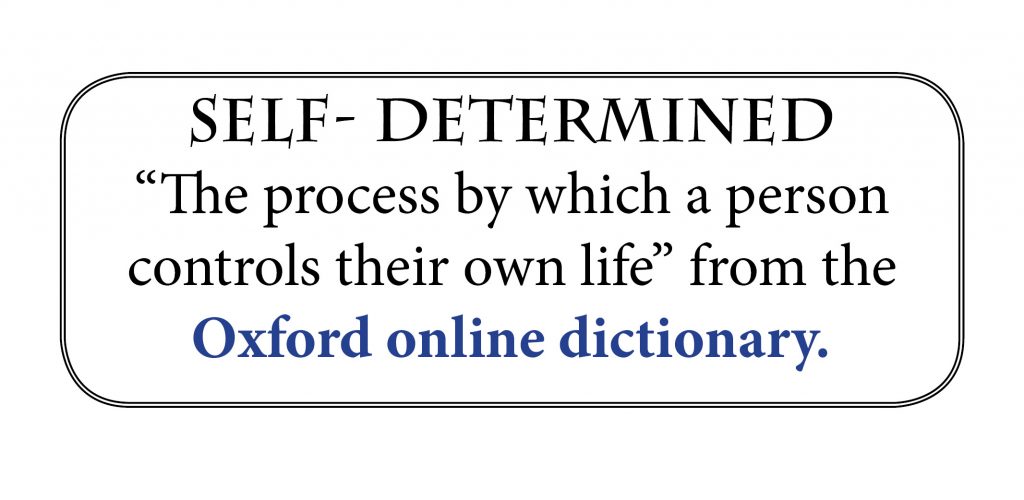
For example, a powerful American businessman and manipulator of the early 20th Century, Edward Bernays (1891–1995), developed a scientific technique to shape and direct public opinion based on his uncle Sigmund Freud’s research. He called his technique, “engineering of consent.”
He used social psychology, public opinion, third party endorsements, and targeted advertising to create illusions which people came to accept as “the truth.”
A self-made man, Bernays work led to the creation of propaganda—the ability to persuade and control groups of people. Bernays’ ideas were used by the Nazi leader, Goebbles, and are still is use today, only improved. Bernays is credited for the American dietary habit of eating bacon and eggs for breakfast, and mass consumption of cigarettes. Bernays opined:
“The conscious and intelligent manipulation of the organized habits and opinions of the masses is an important element in democratic society. Those who manipulate this unseen mechanism of society constitute an invisible government which is the true ruling power of our country.”
People don’t want to think they are simply controlled zombies acting for others, but our modern form of propaganda, Noam Chompski warned, “is a consistent, enduring effort to create or shape events to influence the relations of the public to an enterprise, idea or group.
There are invisible rulers who control the destinies of millions. It is not generally realized to what extent the words and actions of our most influential public men are dictated by shrewd persons operating behind the scenes. Nor, what is still more important, the extent to which our thoughts and habits are modified by authorities.”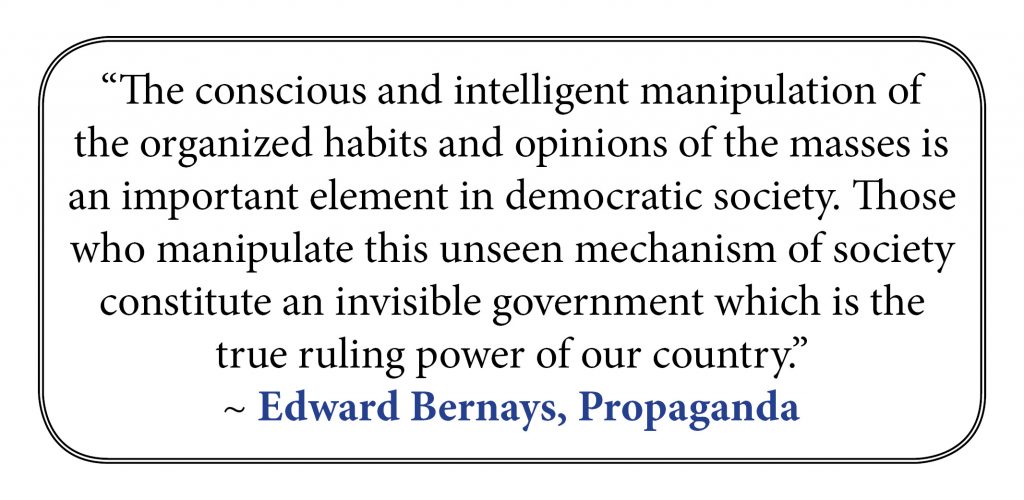
Are you fated or are you free to make your own decisions? Some think that a goal of humanity may be evolving consciousness and increasing our ability to act from free-will—to avoid becoming zombies or slaves of others or our biology. Perhaps in this important election year we might decide to pull out those mental bar bells and start exercising our free will muscles.
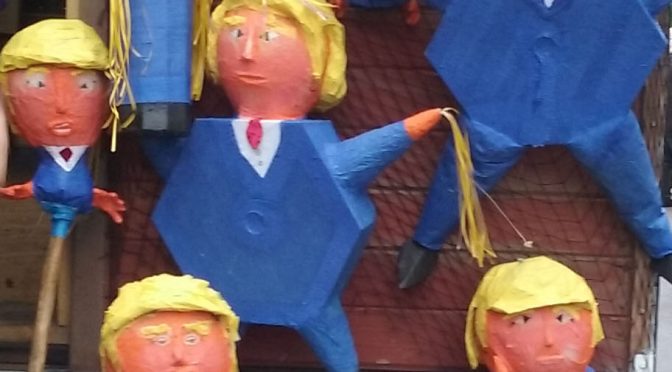


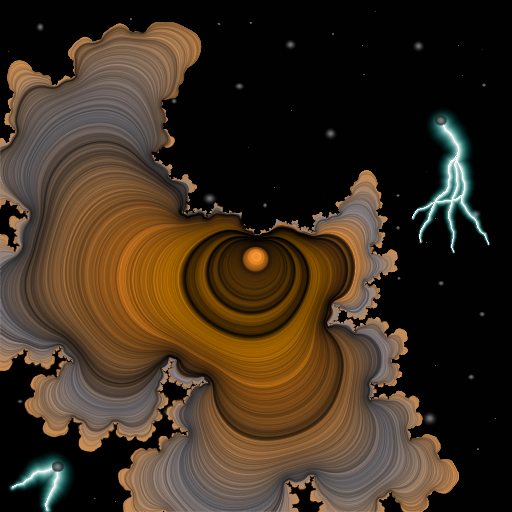
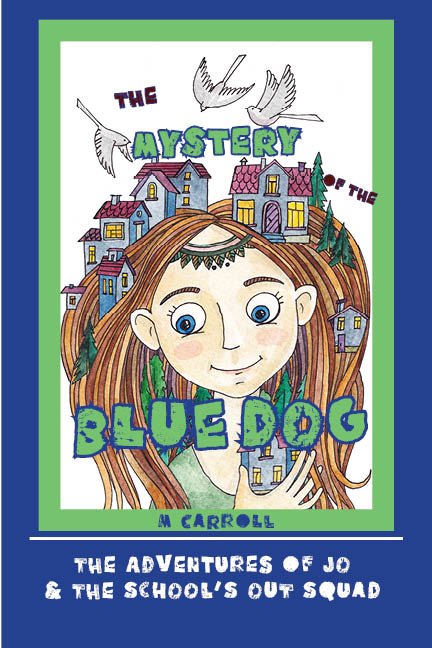
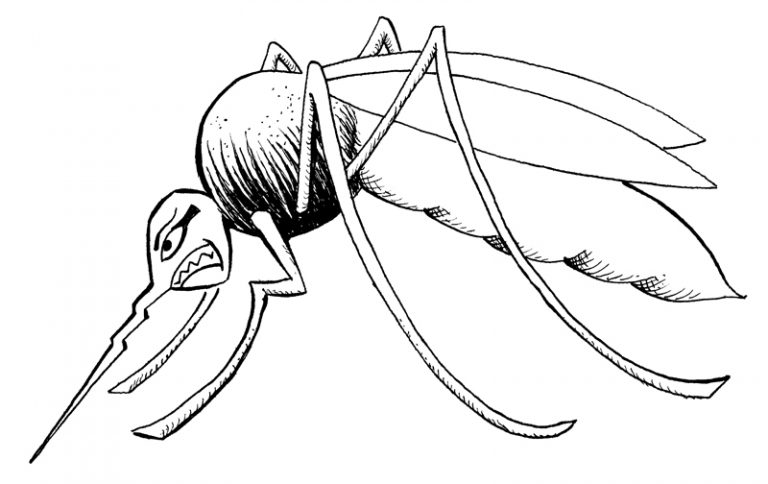

+ There are no comments
Add yours